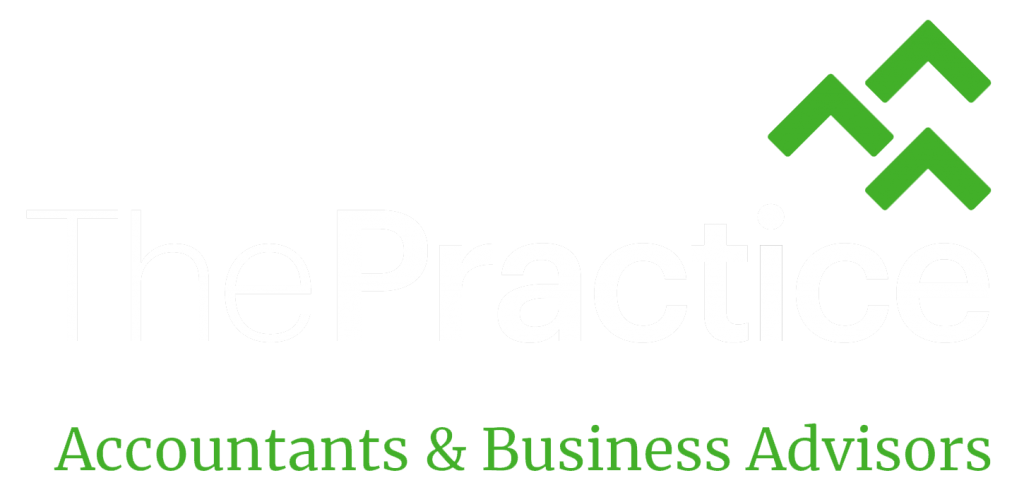Ring Fencing of Rental Losses
Inland Revenue has released an ‘issues’ paper that proposes the introduction of a loss ring-fence for residential rental properties to apply from 2019-20 year if approved.
Aim of the proposed changes
The introduction of loss ring-fencing rules is aimed at levelling the playing field between property speculators/investors and home buyers. Currently investors (particularly highly-geared investors) have part of the cost of servicing their mortgages subsidised by the reduced tax on their other income sources. It is assessed that this helps them to outbid owner-occupiers for properties. Rules that ring-fence residential property losses, so they cannot be used to reduce tax on other income, is intended to help reduce this advantage and perceived unfairness.
What is a rental loss ring fence?
Under this proposal, residential rental losses will not be able to be offset against other income sources such as Salaries & Wages, business or investment income, to reduce the overall tax liability or to receive a PAYE refund.
Offset and carry forward of losses
A Rental loss from one property will be able to be offset against a rental profit from another rental property, where more than one property are owned.
Losses that are ring-fenced can be carried forward to future income years and be able to offset against future rental profits or taxable income or gains from disposal of other residential land.
Which Property will the rules apply to?
Under the proposed changes, the loss ring-fencing rules would apply to “residential land”. The rules would use the definition of “residential land” that already exists for the bright-line test.
Inclusion: “Residential land” means:
- land that has a dwelling on it;
- land for which there is an arrangement to build a dwelling on it; and
- bare land that may have a dwelling built on it (land zoned for residential)
- not limited to land in New Zealand – it would extend to overseas land.
Exclusion: “Residential land” excludes:
- a person’s main home, or
- a property which is subject to mixed use asset regime (for example, a bach that is sometimes used privately and sometimes rented out)
- land that is held on revenue account (builders, dealers, developers)
- home owned by a Trust may qualify under main home exemption if it is used by a beneficiary of the Trust, provided that a principal Settlor of a Trust does not have a different main home.
